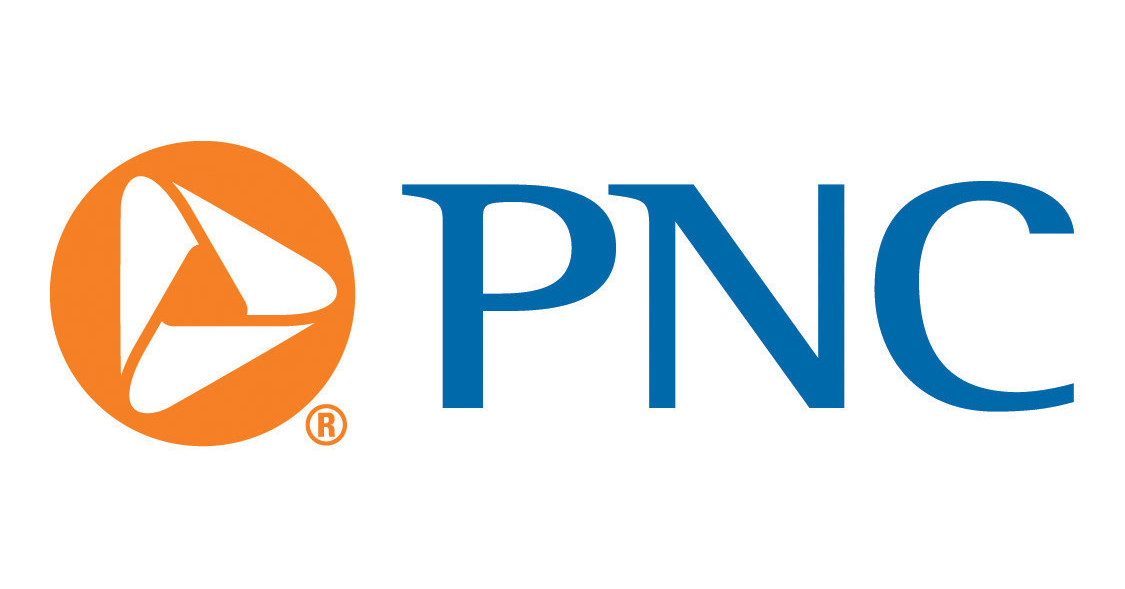
PNC Financial Services Group, Inc. (NYSE: PNC) reported an EPS of $3.77, beating the estimated $3.26, with revenue reaching $5.57 billion.
The company’s quarterly earnings showed significant improvement from the previous year, driven by increased interest income and effective risk management.
For the full year 2024, PNC reported a net income of $6 billion and a diluted EPS of $13.74, indicating positive operating leverage and financial health.
On January 16, 2025, PNC Financial Services Group, Inc. (NYSE: PNC) reported earnings per share (EPS) of $3.77, surpassing the estimated $3.26. The company’s revenue reached approximately $5.57 billion, exceeding the estimated $5.51 billion. PNC is a major financial services company in the United States, offering a wide range of banking and financial services. It competes with other large banks like JPMorgan Chase and Bank of America. PNC’s quarterly earnings of $3.77 per share exceeded the Zacks Consensus Estimate of $3.30, marking a significant improvement from the $3.16 per share reported in the same quarter last year.
This growth is driven by a rise in interest income and a reduction in capital reserved for potential loan defaults, as highlighted by Zacks. This indicates PNC’s effective risk management and ability to generate more revenue from interest payments. For the full year 2024, PNC reported a net income of $6 billion, with a diluted EPS of $13.74. In the fourth quarter alone, the company achieved a net income of $1.6 billion, translating to a diluted EPS of $3.77. PNC experienced positive operating leverage, with net interest income increasing by 3% and the net interest margin expanding by 11 basis points. Despite a 4% decrease in fee income, PNC saw an increase in deposits and capital. PNC’s financial metrics provide insight into its market valuation.
The company has a price-to-earnings (P/E) ratio of approximately 15.14, indicating the price investors are willing to pay for each dollar of earnings. Its price-to-sales ratio stands at about 3.75, reflecting the value placed on each dollar of sales. The enterprise value to sales ratio is around 5.06, suggesting the company’s total valuation relative to its sales. PNC’s debt-to-equity ratio is approximately 1.22, showing the proportion of debt used to finance the company’s assets relative to shareholders’ equity. The current ratio is around 0.21, indicating its ability to cover short-term liabilities with short-term assets. These metrics highlight PNC’s financial health and its ability to manage debt while maintaining liquidity.

